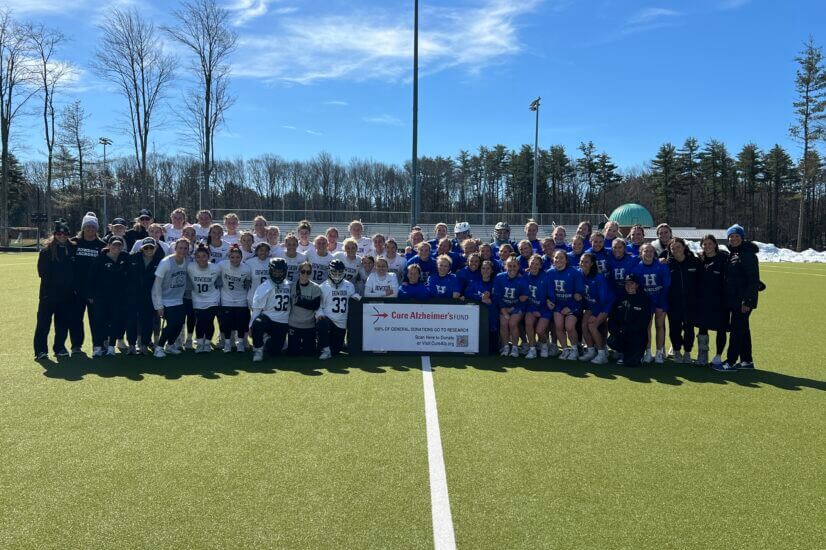
Posted May 14, 2008

Washington, May 14, 2008 – Mapping the sequence of the genes susceptible to Alzheimer’s disease provides a novel avenue for potential treatment while also improving the ability to predict risk for Alzheimer’s early in life, Dr. Rudolph Tanzi, chairman of the Cure Alzheimer’s Fund Research Consortium, told the Senate Special Committee on Aging at a hearing today on the disease.
Dr. Tanzi who co-discovered the first Alzheimer’s gene in 1987 and then two more in 1995, is set to announce a major breakthrough in Alzheimer’s research when he releases the first set of genes for his “Alzheimer’s Genome Project” in a major scientific journal this summer. “The genome project is the key to a future cure,” said Tanzi and has primarily been funded by the Cure Alzheimer’s Fund and the National Institute for Mental Health.
Watch video from the hearing at the C-SPAN video library.
“The most promising new drugs have been made possible from the knowledge gained from the studies of the gene defects causing early-onset Alzheimer’s,” Dr. Tanzi told the committee. “However, the first three genes together with one other account for only 30 percent of the inheritance of Alzheimer’s disease. Imagine what we could do with the other 70 percent identified.”
Currently, Alzheimer’s drugs only treat the symptoms, offering minimal and only temporary benefit to patients. Several new Alzheimer’s thera
pies are in clinical trials aimed at stopping the progression of the disease by curbing the accumulation in the brain of a tiny protein called A-beta that is the culprit in Alzheimer’s.
While optimistic about the success of these trials, Dr. Tanzi remains cautious because the first drugs out of the gate are not always the most effective. Furthermore, it generally takes about 20 years for basic research to reach the stage of clinical trials in patients. Biological studies of the first Alzheimer’s genes and the drugs developed from those findings are just now under clinical trials.
“Few, if any, Alzheimer’s drugs being developed by pharmaceutical industry today would have been possible without the original seeds of creativity and basic biological and genetic discoveries that have come from academic research,” said Dr. Tanzi.
Tanzi predicts that the convergence of genetic knowledge and effective Alzheimer’s drugs will allow for a “personalized medicine” approach to treating the disease. “We clearly need to take many shots on goal to cure this disease and, will most likely, someday, be prescribing a cocktail of different drugs to effectively treat this devastating disease,” he told the Senators.
“These are pioneering days and the future is bright,” said Dr. Tanzi. “However, there is a lot more work to do before we reach our goal of finding a cure. Scientists will need to work more closely than ever with clinicians, patients, the government, non-profits and pharmaceutical companies to make this happen.”
Cure Alzheimer’s Fund™ is a public charity established to provide funding for targeted research into the causes of Alzheimer’s disease. Cure Alzheimer’s Fund supports and funds research with the highest probability of slowing, stopping or reversing Alzheimer’s disease by 2016. For more information please visit http://www.curealzfund.org/





